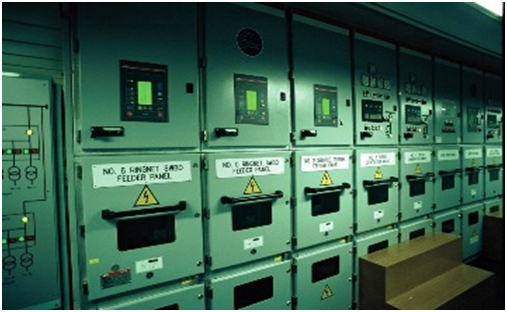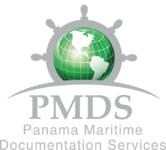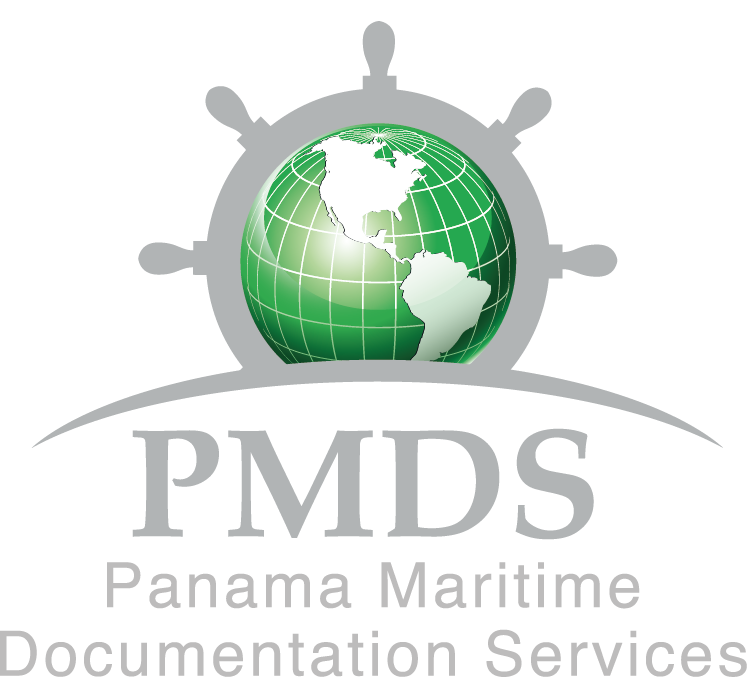
Blackouts – causes, prevention, effective recovery
Ships occasionally experience blackouts, with a temporary loss of propulsion. Fortunately, most incidents do not have any significant consequences, as they usually occur at open sea.
Nevertheless, blackouts should be avoided. Planning, training, and contingency measures are all essential elements to effectively manage the risk of blackouts, and the combined effect of measures will have the greatest impact on safety.
Our recommendations for preventing blackouts are mainly related to:
- Ensure correct maintenance and operation
Correct maintenance and operation are the most important factors to prevent blackouts. The below list provides practical examples of some failure modes that could lead to blackouts and how to avoid these:
Loss of lube oil pressure
- Ensure correct maintenance of lube oil pumps, purifiers, and filters.
- Ensure lube oil sump tanks are topped up, particularly when rough weather is expected.
Fuel oil related issues (clogged filters, starvation, etc.)
- Ensure correct maintenance of fuel oil pumps, purifiers, and filters.
- Ensure frequent draining of water, and sufficient heating.
- Verify free movement of fuel rack and links to the governor actuators.
- Avoid, as far as possible, mixing fuels of different qualities or origin, and do not use fuel until test results are ready and the acceptable fuel quality is confirmed.
- Strictly follow procedures for fuel switchover. The process is usually slow to avoid thermal shock and should be done at low engine load. Failure to follow this procedure may result in seizure of the fuel pumps or other thermal-shock-related issues.
- Avoid, as far as possible, fuel switchover during operations of increased risk such as manoeuvering or passage in enclosed waters.
- Check fuel pump plunger-barrel clearance, in particular in connection with a change to fuel of lower viscosity.
Control, monitoring and safety system malfunctions
- Ensure correct safety device settings for engines and alternators.
- Conduct periodic testing of safety mechanisms and power management systems and ensure safety devices are triggered at the correct settings.
Common maintenance-related failures
- Avoid similar maintenance on several auxiliary engines at the same time to prevent failures due to a common maintenance-related issue.
- Ensure crew competence through regular blackout testing
The ever-increasing complexity and level of system integration may challenge operators’ ability to understand in-depth how these systems work. This also makes troubleshooting and manual recovery more difficult. Hence, a highly competent and trained crew is more important than ever.
- Prepare and implement operating procedures for identified high-risk operations
All vessels should have operating procedures, or standing orders, that specify how to prepare for and handle specific situations such as berthing or navigation in heavy weather.
It is recommended that operators carry out a risk assessment to identify the ship operations for which a blackout would represent a particularly high risk.
Source DNV
For additional information contact us : corporate@panamamaritime.com

 (507) 6780-7942
(507) 6780-7942






